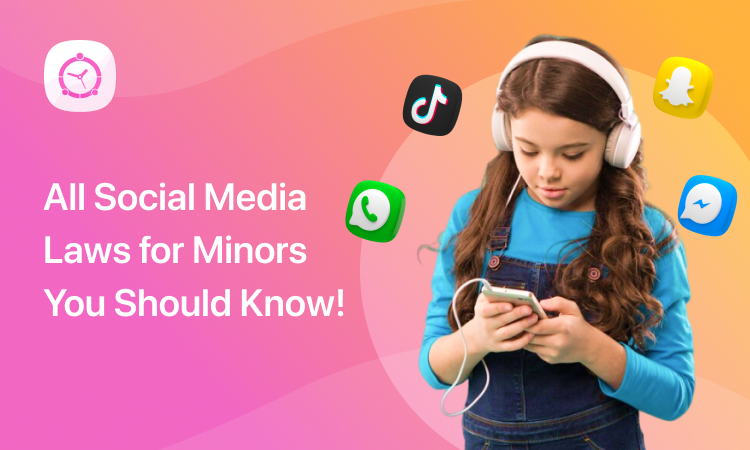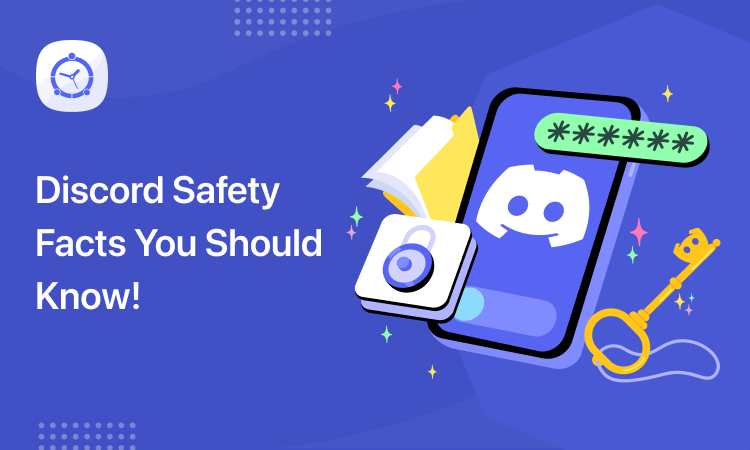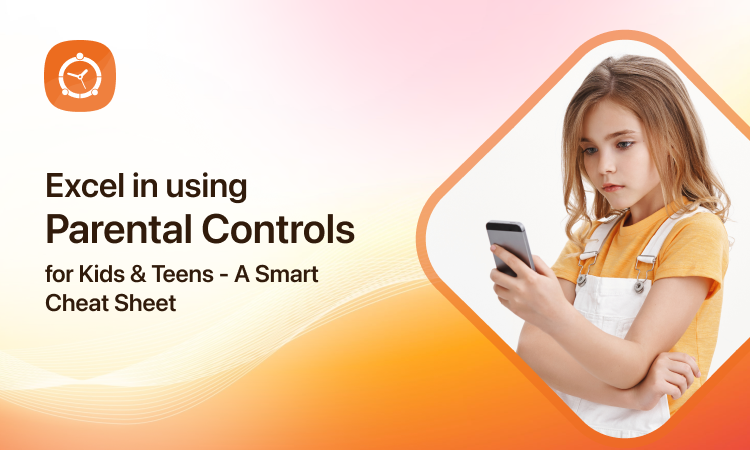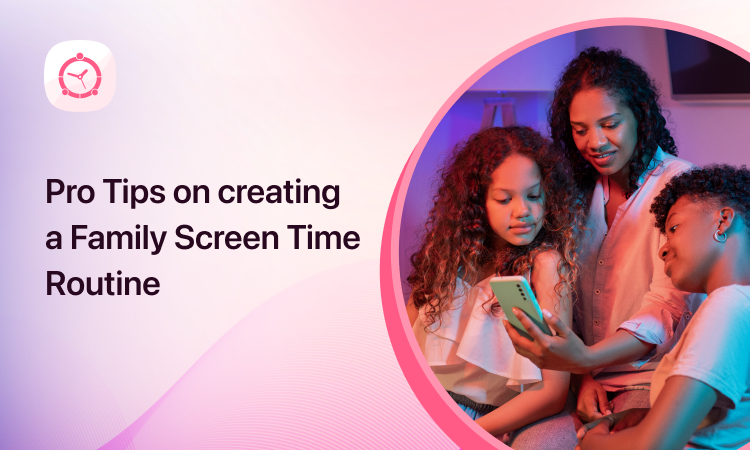Social media has been directionless for kids lately. Before 2023, no legal framework existed to process the laws and operations related to kids using social media. However, following the global cases and concerns of children’s digital safety, multiple global laws were introduced. These laws are programmed to make the digital and social media experience safe for kids. Let’s roll out further information about these laws.
Need for Social Media Laws for Minors
Social media is not new; it has been there, and everyone has been using it. However, in recent years, the number of young users has increased. These users are mostly kids aged 12 onwards. Sometimes, even younger kids are on social media and consuming digital content.
The frequency of young users increased the risk of data safety, data tracking, and other potential challenges. The data breaches and other reasons provided a root cause for the development of these laws.
- Mental Health Issues – Longer screen exposure or cyber harassment leads kids to have several mental health problems, from anxiety to stress, depression, and more.
- Screen and Social Media Addiction – Frequent use of screens and social media makes kids addicted. It causes them to lose focus on their studies and other activities.
- Dangerous Online Challenges – Unrealistic challenges, mostly on platforms like TikTok, are dangerous for kids and put themselves at risk.
- Inappropriate Content Access & Sharing – Adultery being common on social media and char groups is a major warning sign for kids to be a victim of sexual harassment.
- Brain Washing & Propagation – Explicit content and certain groups target young kids to feed them with specific agendas and trigger them to act violently or in a certain way.
- Cyber Predators – Online many predators are looking for vulnerable kids to target them for sensitive data sharing, molestation, bullying, scam, or harassment.
All these factors make young users vulnerable on social media and damage them to a huge extent. In previous years, several young social media users turned out to be aggressive, depressed, and even attempted suicide. The increase in the number of young patients at psychological rehabs and the incidents of mass shootings in Montreal, Uvalde, Texas, and more are a reason. These laws and controls are meant to control the crisis and make social media safe for kids.
Global Social Media Laws
Unfortunately, if we look closely at the global implications of social media laws for minors, it’s hard to find one. However, certain laws were introduced, presented, and approved in different regions.
Age Restrictions & Parental Permissions (Utah)
In Utah, the law was passed to protect young users on social media by suggesting the implementation of age restrictions. Users below 18 cannot sign up on the social media platform without their parent’s permission. Additionally:
- Parents provide consent for their minor’s account opening.
- The users will have a curfew from 10:30 pm to 06:30 am.
- People not on a follow or friends list cannot message minors.
- Companies will provide parents with enough tools and access to parents that keep their children’s social media usage limited.
- Users below 18 years will not appear in search results on the platform.
Social Media Companies to Process Account Scrutiny (California)
California’s legislation is pretty much different. It held the social media companies responsible for caring for the young social media users overall. The companies must make the social platforms safe for kids by keeping explicit and age-inappropriate content away from them.
Plus, the companies do not intend to involve the kids in market research and sales activity. They should keep the young social media profiles secured and concealed in the algorithm.
Companies to Offer Parental Monitoring (UK)
The UK’s online safety bill outlines that harmful and explicit content on social media platforms is the platform’s responsibility. The platform has to take steps to control the situation and restrict the sharing and penetration of any such activities.
Additionally, it outlines that social media platforms should provide effective parental controls to parents for children’s monitoring. These features and tools should support parents to keep kids safe digitally.
Parent’s Right to Review Child’s Account (France)
The digital safety bill passed in France states that parents should approve a child younger than 15 years old’s access to social media. The child cannot have a social media presence without a guardian parent.
Social media platforms provide parents with complete access to a minor’s account. Without using any third-party parental control app, parents can access their child’s social media account. This will help parents keep an eye on their child’s activities and avoid any issues.
Implications of Social Media Laws by Social Media Companies
The development of these minor social media laws allows social media companies to implement them in their systems. It has now become essential for them to operate in certain countries. However, in the rest of the geographical boundaries, these laws are implemented as rules, considering social responsibility.
Age Verification
Social media companies now must ensure their users are of the right age. It means they need systems to check how old people are when they sign up. This step is important to keep kids safe online. However, it can be tricky and costly to set up. Doing so requires more information to cross-verify the age selected on the sign-up form. The additional information includes the ID card verification, which raises concerns about user privacy and data safety and slows down the sign-up process.
Limited Data Collection
New laws stop social media platforms from regularly collecting data from young users. While it is allowed to collect their basic information and platform consumption patterns to improve their experience on the app, companies cannot use that information to sell products or to advertisers targeting young customers.
No Targeted Sponsored Ads or Content
If social media companies can’t show targeted ads or content, they may lose a lot of money. These ads are tailored to the interests of each user, making them more effective. Well, the companies do this for regular users but not for young users. It involves the risk of selling or presenting inappropriate products or services to young users that are not approved by their parents.
Parental Permissions & Approvals
Social media platforms might need parents’ permission for kids to use their services. It could add an extra step when signing up young users. While this is great for safety, it can make the process longer and less appealing. Companies will need to create new systems to manage these permissions. They will also have to ensure they follow the rules, which can be complex and time-consuming.
Keeping Kids Safe as Parents
The social media laws for minors are a step taken by the authorities and followed by social media companies. But it’s not enough. These two entities are working on their potential to keep kids safe; however, you, as parents, need to work on your child’s digital safety as well. Keeping them monitored and using the right tactics to keep kids safe is essential. Here is how you can do it for your kids!
Educate About Social Media
Social media is a big part of kids’ lives today. As parents, it’s important to explain how these platforms work. Talk about the different types of social media, like Instagram, TikTok, and Snapchat. Discuss the benefits, such as staying in touch with friends and exploring new interests. But also highlight the risks, such as cyberbullying, privacy concerns, and exposure to inappropriate content. Ensure they understand why using social media responsibly and safely is important.
Introduce Versatile Social Profiles
Encourage your kids to create social profiles that reflect their diverse interests and talents. Instead of focusing only on selfies and status updates, suggest they share their hobbies, like art, music, or sports. It can make their social media presence more positive and enriching. Help them understand that having multiple profiles for different purposes, like one for school friends and another for family, is okay. This way, they can manage their online identity better and keep personal information more private.
Teach Kids to Be Mindful of Social Media
Mindfulness on social media is crucial. Teach your kids to think before they post anything online. Ask them to consider if the post is respectful, truthful, and necessary. Explain that once something is online, it can be shared widely and may never completely disappear. Encourage them to avoid sharing personal information like their address, phone number, or school name. Remind them they can always come to you if they are unsure what to share.
Maintain Digital Balance
Maintaining a balance between digital and real-life activities is essential for healthy development. Set clear rules about screen time. Encourage your kids to participate in offline activities like reading, playing sports, or spending time with family and friends. Create tech-free zones or times, such as during meals or before bedtime. Show them how to balance technology use with other aspects of life by example. You can use the FamilyTime parental control app to help kids have a digital life balance.
Make Content & App Choices
Help your kids choose appropriate content and apps. Use FamilyTime’s approved app features. Before allowing them to download an app, read the reviews and ratings together. Look for apps that have educational value or promote creativity. Block apps with violent or inappropriate content. Set up parental controls and enable SafeSearch device filters to restrict access to unsuitable content. Being involved in these choices ensures your kids have a safer and more positive online experience.
Monitor Their Social Media
Monitoring your kids’ social media use doesn’t mean spying on them. Instead, it’s about being aware and involved. Follow their accounts, and ask to be friends or followers. Discuss who they are interacting with online and the nature of these interactions. Regularly review their privacy settings and explain why keeping their profiles private is important. Additionally, you can review their social media chats using FamilyTime to track their online communication.
Discuss & Improve Experiences
Have regular conversations with your kids about their social media experiences. Ask them what they enjoy and what challenges they face. Discuss any negative experiences, such as cyberbullying or feeling left out. Offer support and solutions, and let them know they can always come to you with problems. Encourage them to take breaks from social media if it becomes overwhelming. This ongoing dialogue helps build trust and ensures they have your support.
Bottom Line!
Making social media a safe space for kids is essential and requires the collective efforts of the authorities, social media companies, and parents. When laws are implemented by the authorities and followed by the social media companies, then as parents, you should take charge of the situation. It will help you take a step forward in making their lives stress-free online.
Remember, these social media laws for minors are not universal, but a few states have approved them. Even social media companies are implementing these conditions based on selective priorities. So, parents cannot sit back and relax, assuming that laws and regulations are there to protect their kids. Owning your responsibilities and processing everything smartly for your child’s digital well-being is essential.








